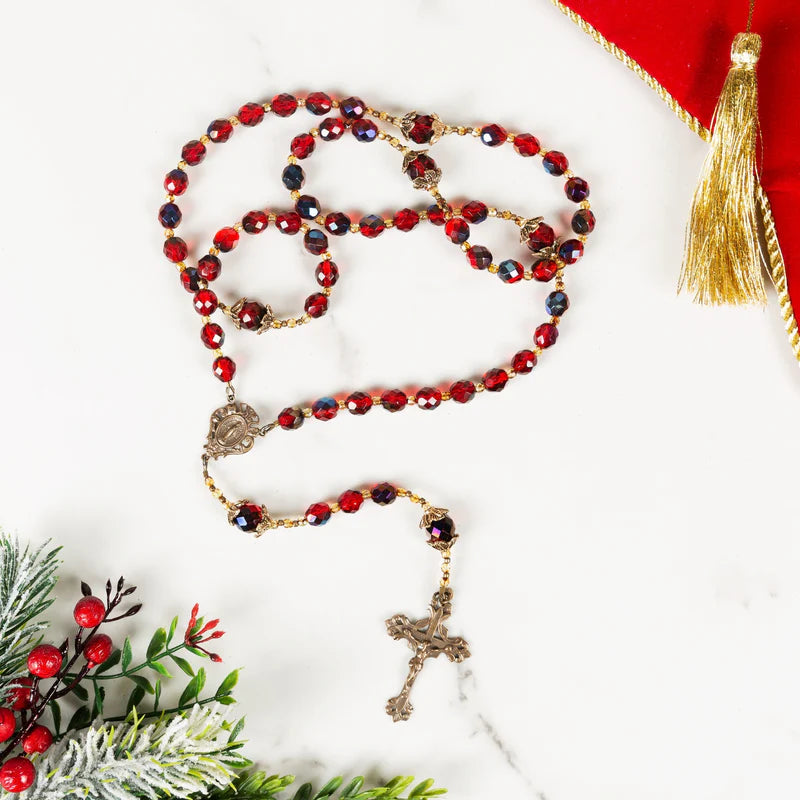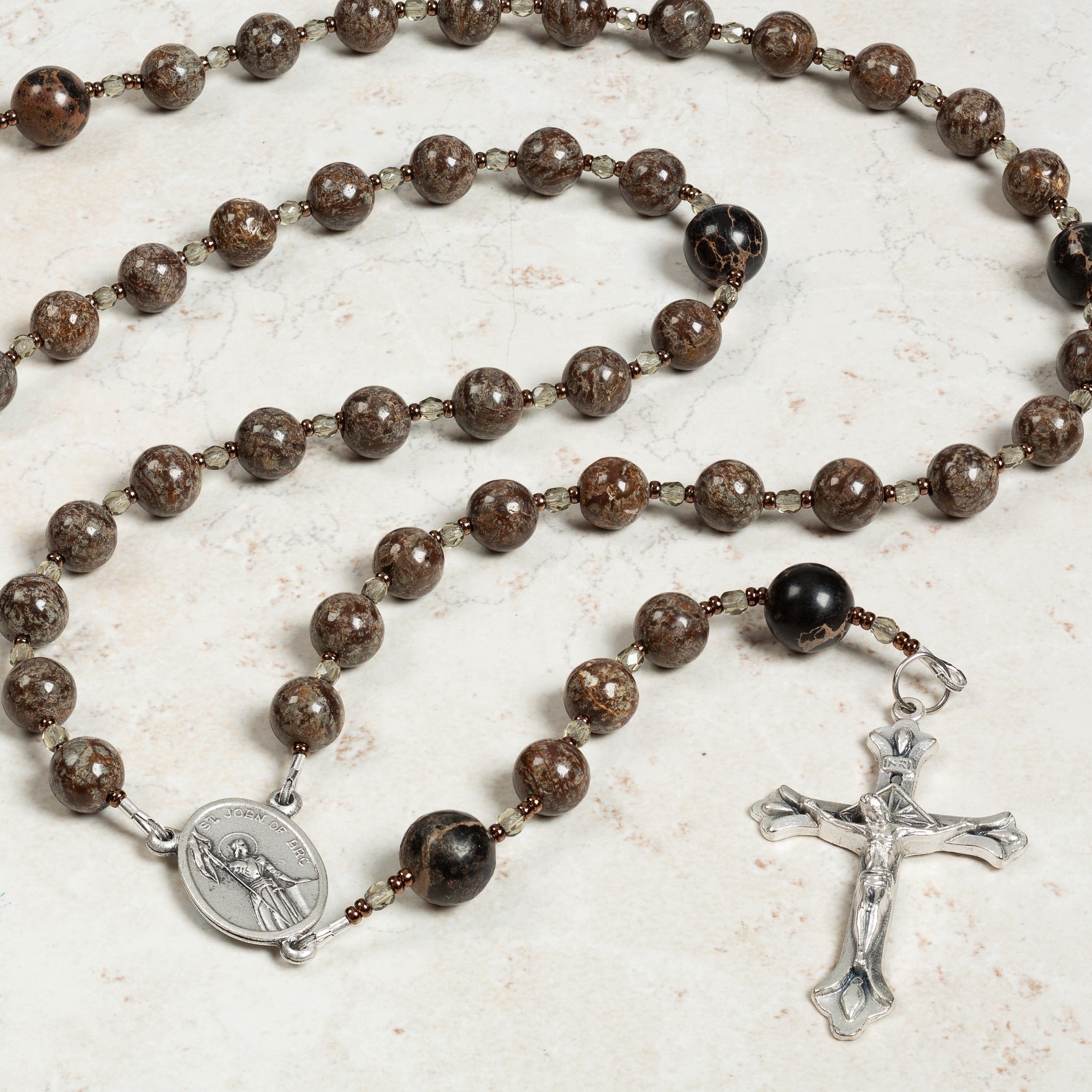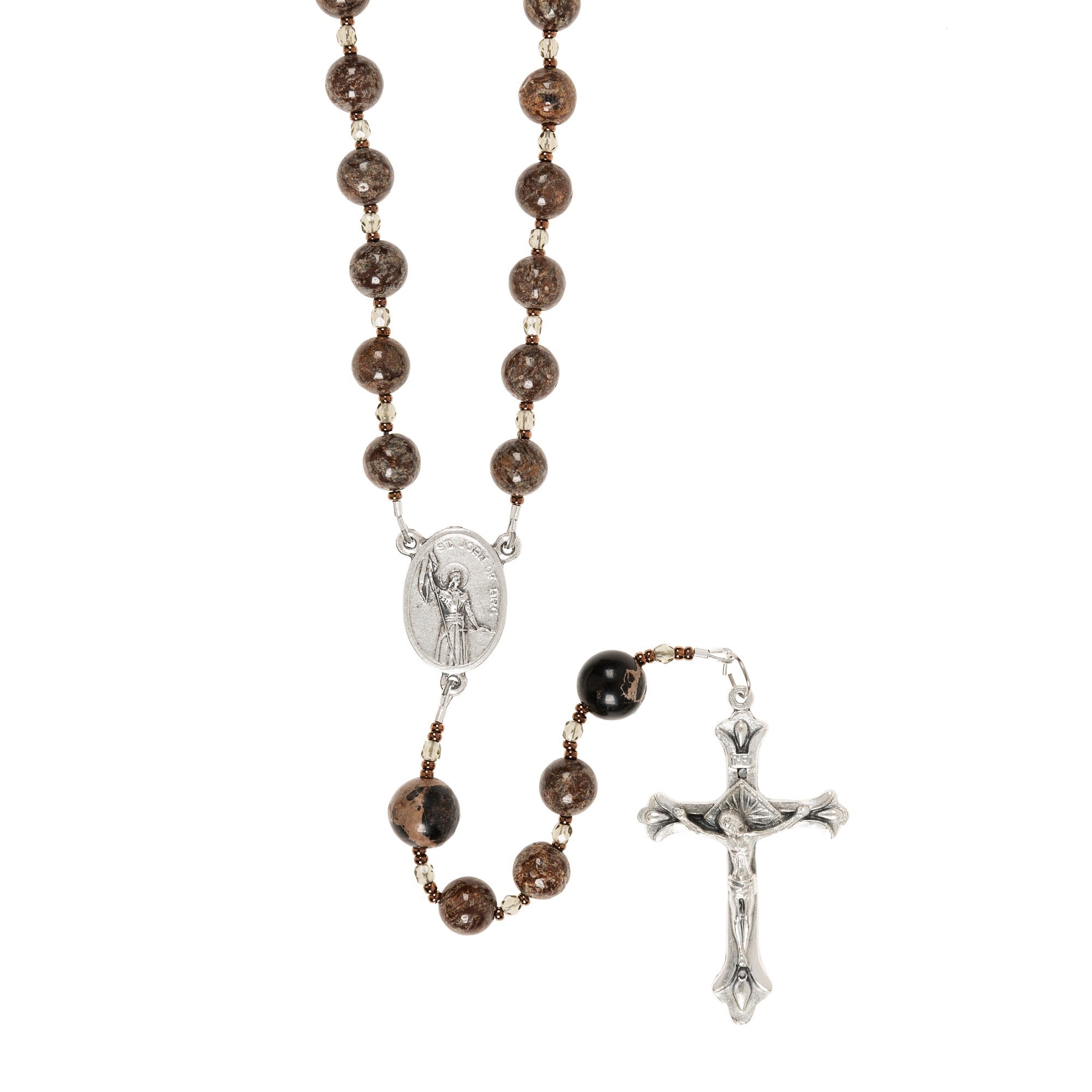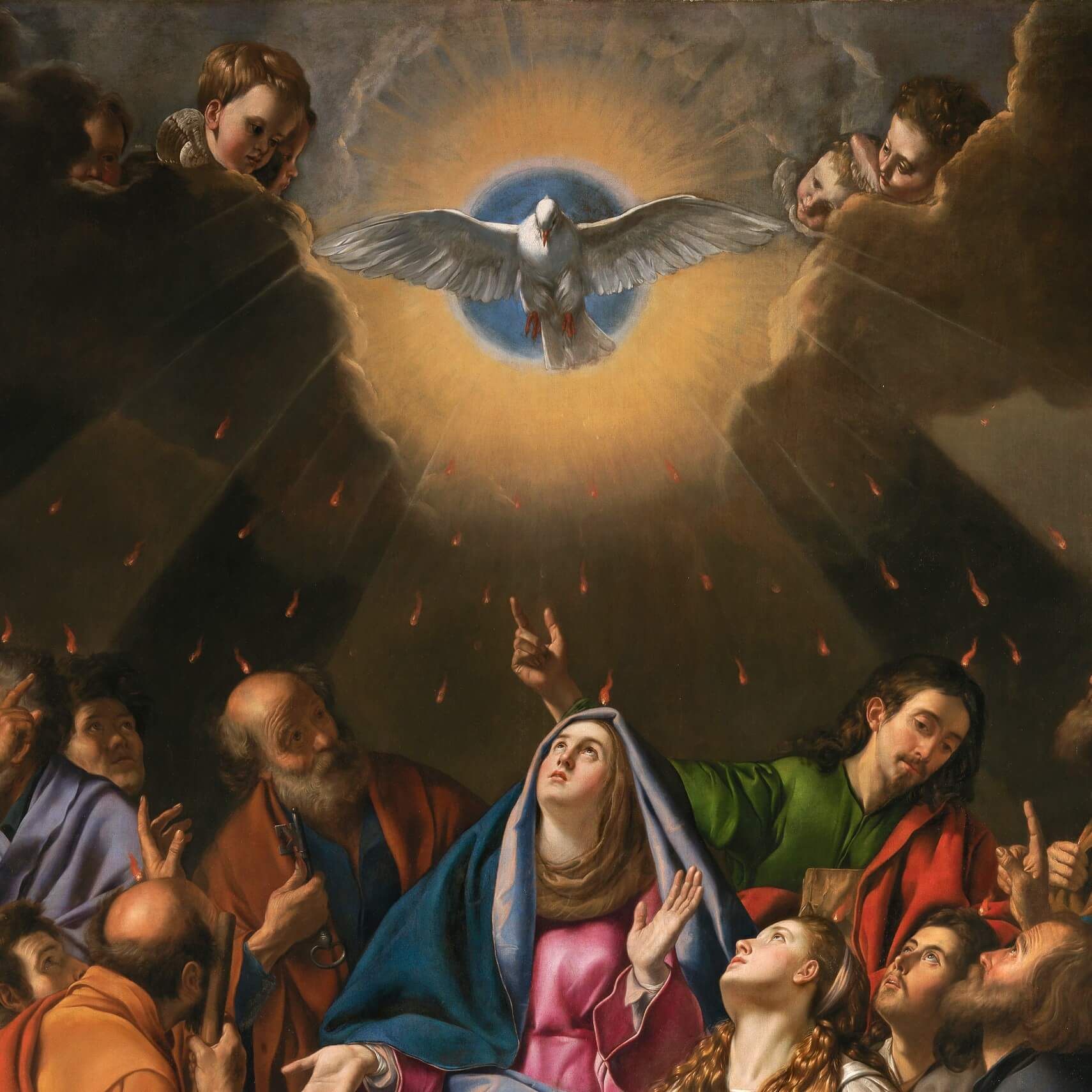Memorial Day: a time for some relaxation from work, get-togethers with friends and family, tasty food, and the official start of summer…right?
Well, sort of. The ads in the mail about “Memorial Day” sales and all the red, white, and blue cupcakes at the grocery store have a way of sanitizing the true meaning of this day.
Memorial Day is really about making a fit remembrance of those who have died in the service of our country. It’s about those who left and didn’t come back. Those who should be here, and aren’t. Those who swore to give their lives for a higher ideal, and did. Those whose deaths, though they be honorable and even heroic, sometimes even Christlike, still leave a wound in the hearts of their parents, spouses, children, neighbors, and friends—a wound that won’t find any complete healing in this vale of tears and must ache with particular poignance on this day.
Providentially, every year around this time of both sorrow and celebration, we commemorate a saint whose own sacrifice offers a fitting meditation for Memorial Day. In fact, this year, her feast directly coincides with it.
In the 14th-15th centuries, the Hundred Years’ War pitted the French against the English over disputed territories in France. In the midst of this conflict, an unknown thirteen-year-old peasant girl in the village of Domrémy began to receive heavenly visitors. St. Michael, St. Catherine of Alexandria, and St. Margaret of Antioch revealed to the young Joan of Arc that she was to aid the king in his battle against the English.
Despite the oddity of a young girl donning armor and riding to war, Joan obeyed the celestial voices. And it was soon clear that God was with her.
Graced with indomitable courage, good sense, fearless conviction, and ardent personal sanctity, she inspired the French troops, who rallied around her leadership. She led them successfully against the English at several important battles, carrying a banner bearing the names of Jesus and Mary and a sword that—upon her prediction—was found behind the altar of a church.
The long-awaited crowning of Charles VII came in 1429. The Maid of Orléans had done it.
Predictably, the English and their French collaborators detested Joan and the French successes she brought. They captured her in May of 1430 and a politically-tainted trial found her “guilty” of “heresy.”
She was burned at the stake on May 30, 1431. She was only nineteen years old.
Twenty-five years later, her name was cleared and the verdict nullified. She was canonized in 1920 and remains one of the greatest heroines of France, which celebrates a national holiday in her honor on the second Sunday of May.
At The Catholic Company, we also celebrate the courage of St. Joan—and that of all who have left home and gone to war for the sake of God and country. With every purchase of our Catholic Coffee—including our St. Joan of Arc French Blend—we donate to support the Archdiocese for the Military Services in their efforts to form military chaplains to serve our men and women in uniform. Order a bag or two for yourself—or for a military member you love—at The Catholic Company!




























